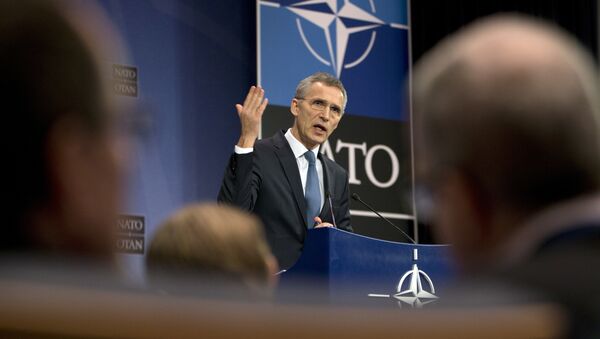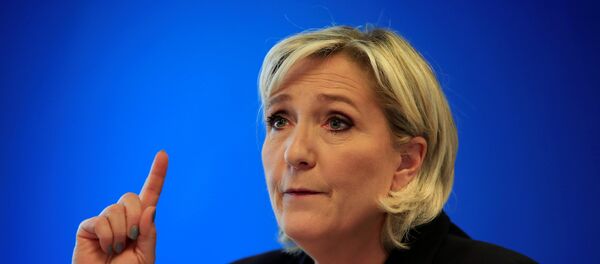Although NATO does not recognize the reunification of Crimea with Russia, the alliance's head, Jens Stoltenberg, has urged not to isolate Russia over this issue.
"We do not recognize the annexation of Crimea, we do not recognize [Russian] propaganda, actions in cyberspace, interference in elections, we saw the incident in Salisbury. But I do not consider these to be an argument for Russia's isolation," he said.
"Russia is our neighbor, Russia will not go anywhere, and we need a dialogue with Russia," Stoltenberg added.
READ MORE: Russian Deputy PM Lists Six New Weapons Superior to Foreign Alternatives
Previously, the secretary-general has repeatedly stressed that even in case there is no improvement in NATO-Russia relations, contacts between the parties are necessary to prevent further escalation of relations.
The North Atlantic Treaty Organization has been further boosting its military presence in Europe since 2014, while using the Ukrainian crisis as a pretext for the deployment of additional hardware near Russia's borders. Russia has on numerous occasions expressed serious concern about NATO’s military buildup along its western frontiers. During a meeting of the country’s Security Council in April, President Vladimir Putin said that NATO was trying to provoke new conflicts and stoke up old ones in the former Soviet republics.



